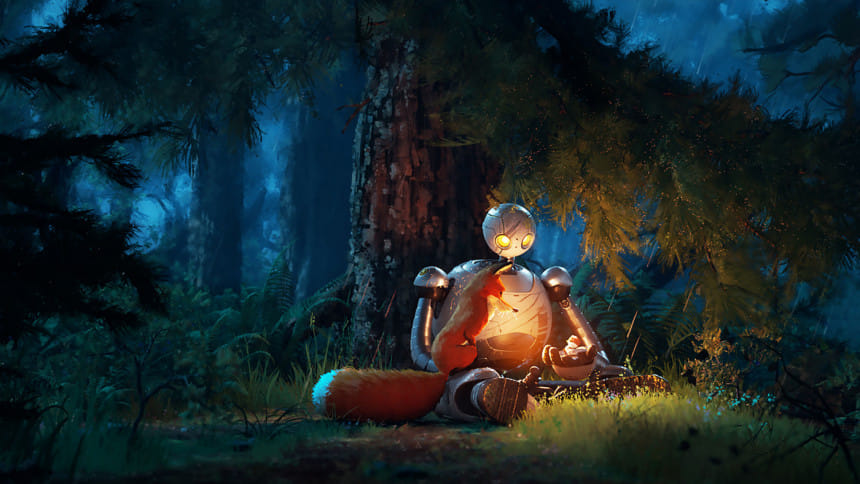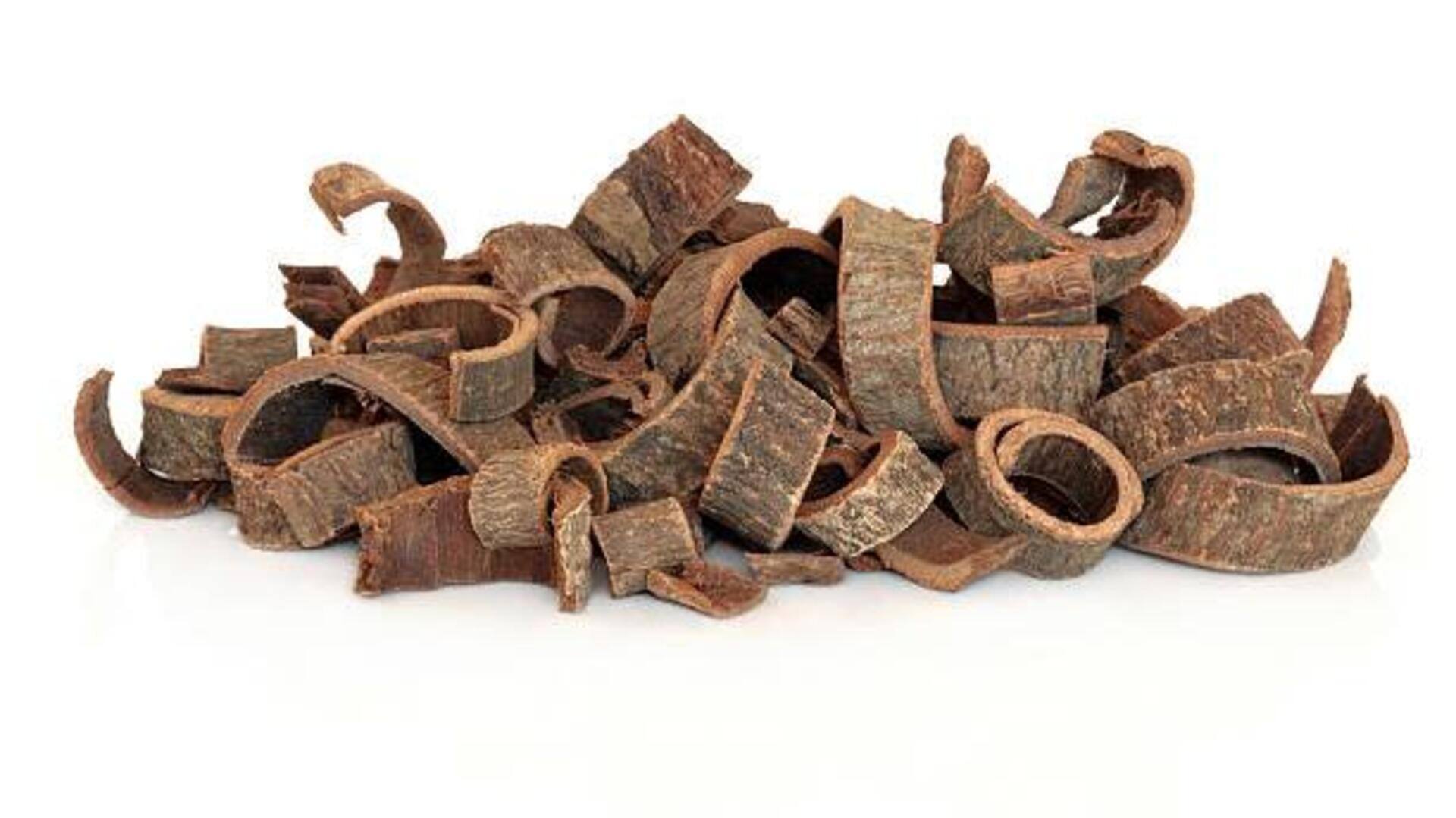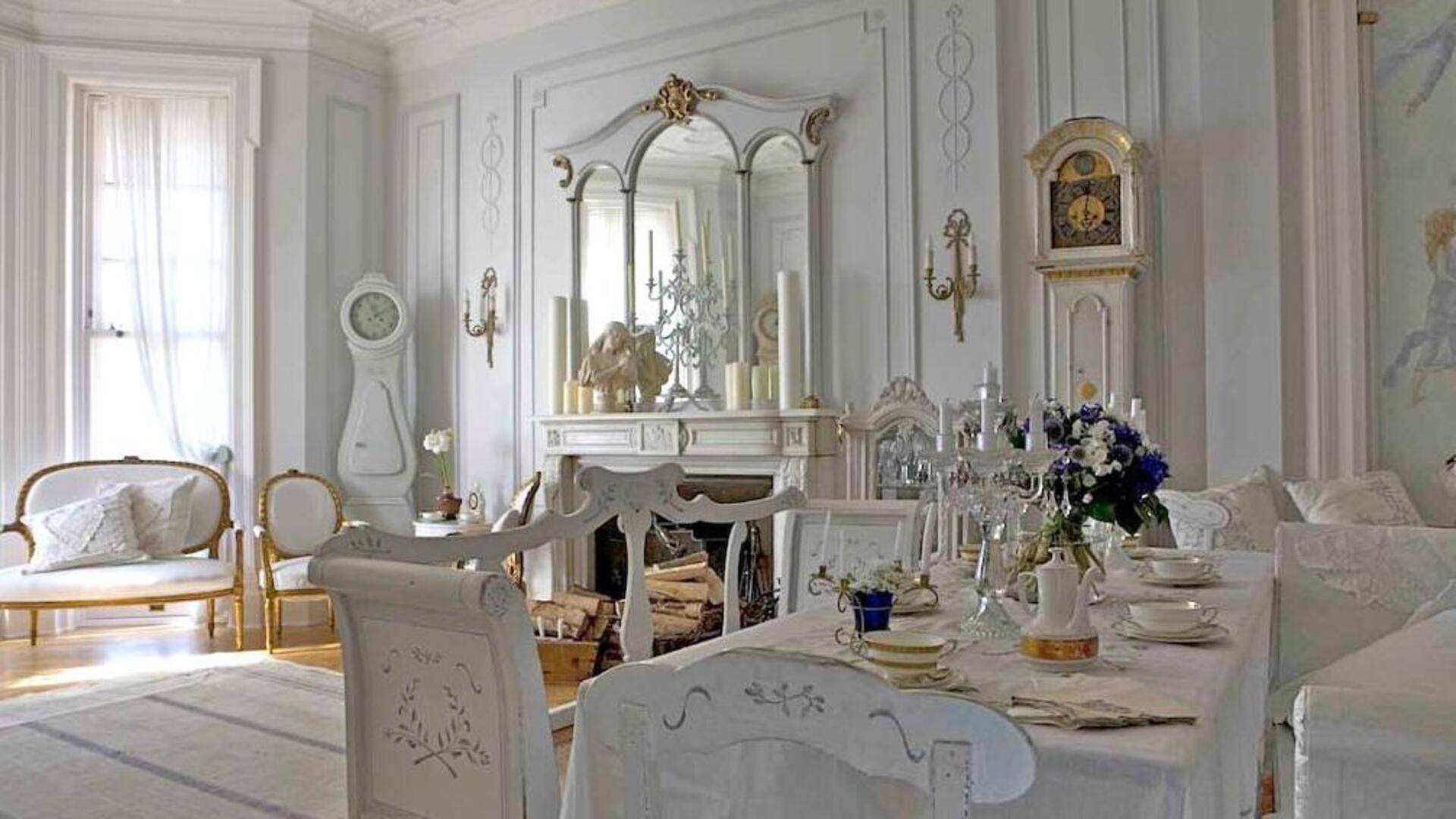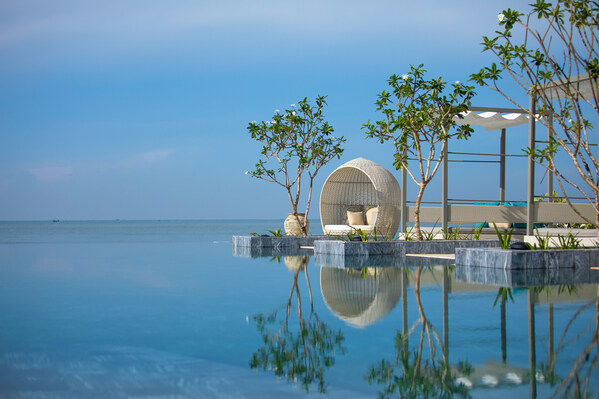"Sometimes, to survive, you must become more than you were programmed to be." The Wild Robot is a surprising portrayal of nature versus nurture – a film that, despite its simple plot, goes deeper than you'd expect. At first, the premise seems predictable: a dystopian robot, Roz, is stranded on an island after a typhoon and forced to adapt to the wild.
Yet, the filmmaker transforms this simplicity into something profound, a message of what it truly means to survive and grow. From the beginning, the visuals are impressive. Colours shift with Roz's journey, moving from steely greys and blues as she awakens to lush greens, warm oranges, and earthy browns as she settles into island life.
It's like seeing the world come alive through her mechanical eyes. The animated expressions of the animals and Roz are so well done that some scenes need no dialogue at all. Though Roz is "just a robot," she's surprisingly relatable.
As she journeys through survival, her programming evolves into a sense of connection and growth. The film introduces a lively cast of foxes, beavers, squirrels, and raccoons, each with guarded feelings towards Roz – because, in a way, they are programmed to distrust her too. It's an ironic take when you realise they have a lot of things in common with a robot because we all have our instincts.
Roz's character arc is brilliantly crafted. Despite being designed for perfection, she makes mistakes and takes responsibility, subtly reflecting a very human quality. The f.



















